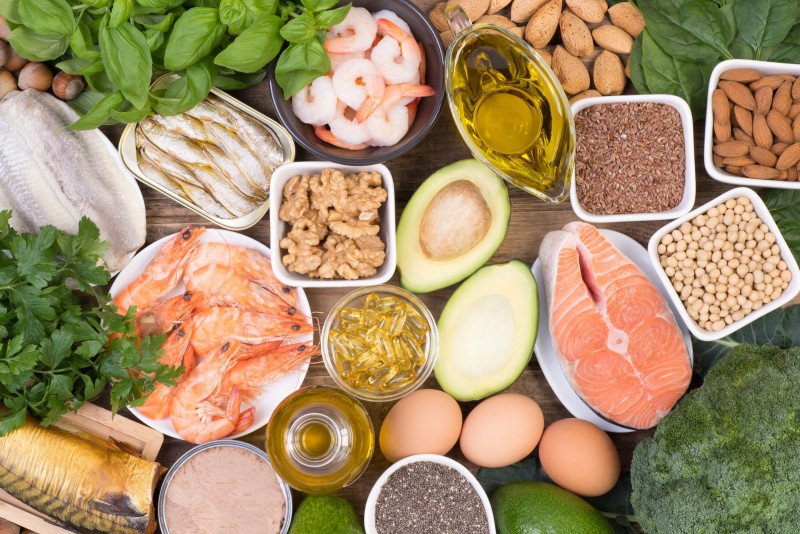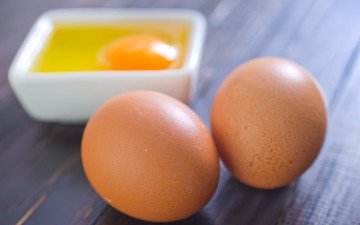
Eggs & Omega 3
Frequently Asked Questions
Do Eggs Have Omega-3?
Eggs are mother nature’s incredible and edible source of Omega-3 fatty acids, providing on average, 180mg per serve (2 eggs).
What Are the Three Main Types of Omega-3 Fatty Acids?
ALA (short-chain), DHA and EPA (long-chains).
What Are Omega-3s Good For?
In addition to being essential for general health and wellbeing, meeting daily requirements for omega-3's is one of the ways to help reduce the risk of a number of health conditions including: heart disease, cognitive decline and dementia.
Do Eggs Contain DHA?
Yes, whilst eggs contain lower amounts of naturally occurring DHA, they are a simple and easily accessible Omega-3 boost.
How Much Omega-3 Do I Need Each Day?
Aim for 2-3 serves of fish (150-200g) per week, to achieve approximately 250-500mg per day of combined EPA and DHA. Aim for 1g of short-chain omega-3 (ALA) per day.
What Are Omega-3 Enriched Eggs?
The chickens are simply fed a diet containing flaxseed, which is known to contain large amounts of ALA, to then produce omega-3 enriched eggs.
 >
> 




